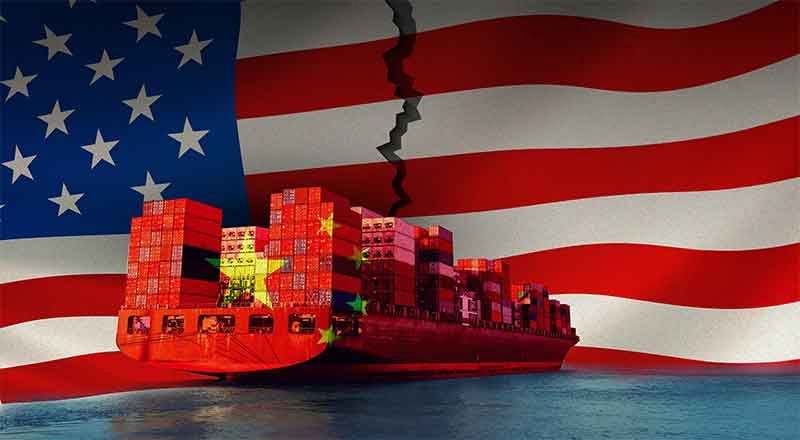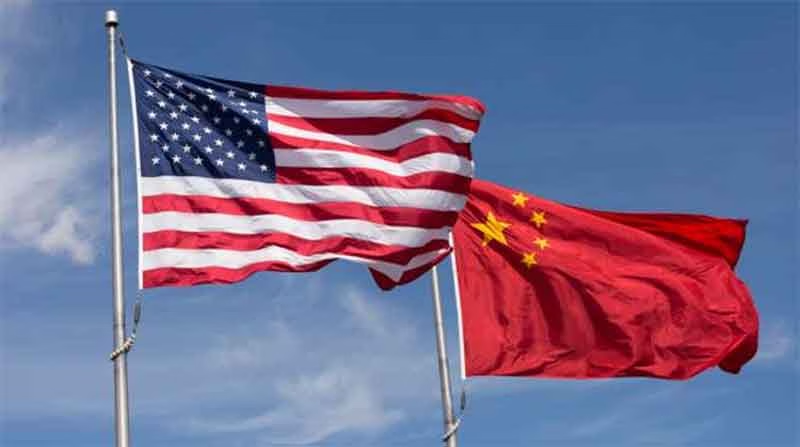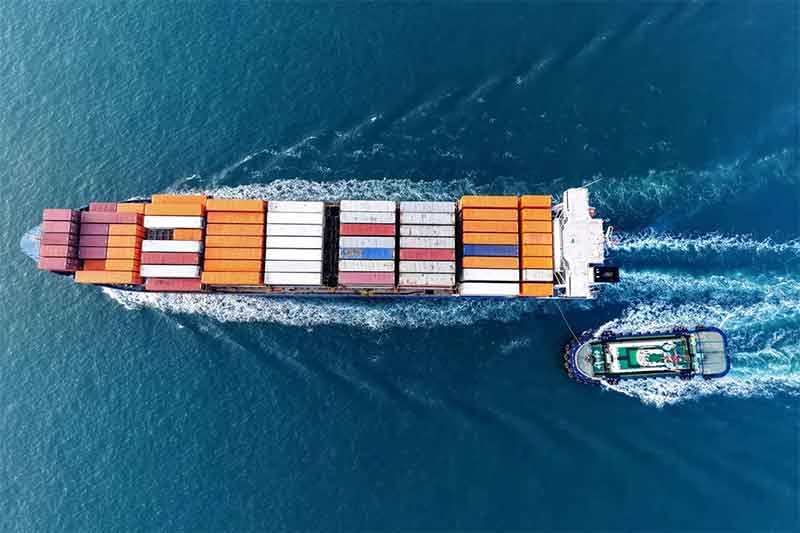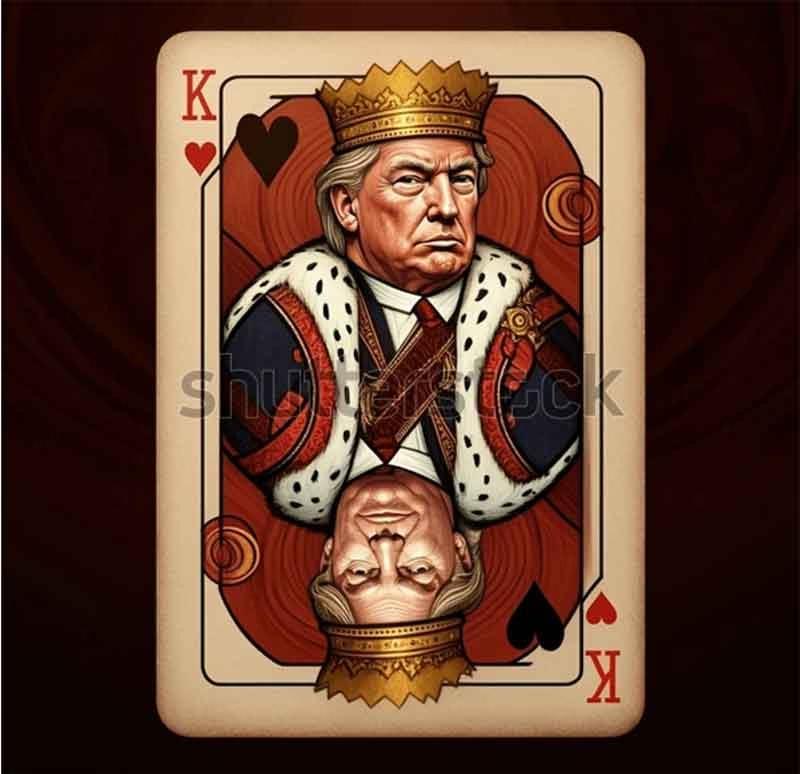
ITHACA – The timing could hardly have been less propitious. Just as the world economy was showing signs of stabilizing, the odds of a policy-induced global recession have risen significantly. The latest update to the Brookings-FT Tiger (Tracking Indexes for the Global Economic Recovery) index reveals a mixed picture, with the financial index declining and private-sector confidence crumbling even as macroeconomic data (which lag the other indicators) suggest a more benign scenario.
Obviously, the biggest factor is US President Donald Trump’s tariff policy, which has disrupted world trade and fueled turmoil in financial markets, undermining growth prospects that had looked promising at the start of the year. The US economy performed well in the first quarter of 2025: output and employment grew robustly through March, and inflation fell gradually. But that all changed in April with Trump’s announcement of “reciprocal” tariffs aimed at practically all US trading partners.
Since then, financial markets have been reeling, and a subsequent pause on tariffs (except on imports from China) and various carve-outs have done little to quell the whiplash effect. The uncertainty has severely dented consumer confidence and is likely to take a toll on business investment and employment growth. Making matters worse, as the costs of tariffs are passed on to US consumers and drive up inflation, the US Federal Reserve’s ability to support the economy and forestall financial turmoil will be constrained. The tariff bloodbath has already increased the probability of the US economy stalling, and US policymaking will remain fundamentally unpredictable and lacking any clear economic logic.
Meanwhile, the eurozone economy continues to operate on two tracks. Core countries such as Austria, France, and Germany are underperforming and facing enormous fiscal pressures, especially now that political turmoil is pushing up borrowing costs. By contrast, Greece, Italy, Portugal, and Spain have held up better. Looking ahead, escalating trade tensions are likely to take a toll on the manufacturing powerhouses. Elsewhere, the Japanese and British economies had been experiencing modest growth, but this may soon end, given their underlying fragilities, lack of room for policy maneuver, and exposure to global trade tensions.
China’s economy, which had been showing signs of stabilizing, now faces a major challenge. Its expanding industrial capacity has not been matched by domestic demand (as reflected in persistent deflationary pressures), and now it is facing an all-out trade war with the United States. China has confronted Trump’s escalating tariffs with bravado, imposing retaliatory tariffs and other measures meant to inflict pain on the US economy. But there is a limit to this strategy, given China’s weak consumer demand and the rush by other countries to prevent a flood of Chinese exports from landing on their shores. While China has room to use fiscal and monetary policies to bolster domestic consumption, doing so will only work if supplemented with broader confidence-building reforms.
India’s economy continues to perform well, owing to strong rural consumption and a robust services sector. It has been insulated from the worst effects of the tariffs by its expanding domestic demand, resilient financial markets, and role as an alternative supply-chain base for US corporations shifting out of China. In Brazil, an uptick in consumer spending helped offset declining exports in 2024, but loose fiscal policy resulted in inflation and weaker real (inflation-adjusted) growth. With consumer and business confidence tumbling, this could be quite a challenging year. Similarly, South Africa will continue to struggle, owing to persistent power shortages, sluggish growth, and a weakening currency.
Finally, the twin shocks of US tariffs and rising excess capacity in China will severely crimp growth in emerging-market and developing countries, especially those that are heavily reliant on exports (such as in Southeast Asia). At the same time, trade disruptions, growing debt-service burdens, and scaled-back foreign-aid flows will exact an especially high toll on low-income countries in Africa and elsewhere.
As the Trump tariffs trigger a surge of protectionist measures around the world, the era of increasingly free, unfettered trade has come to a crashing end. While a full-scale retreat from free trade is unlikely, global trade patterns will continue to shift, regardless of how the tariffs play out.
Even before Trump wielded his tariff hatchet, international trade was already becoming more fragmented as a result of growing geopolitical fissures. And since finance tends to follow trade, fragmentation of global trade will result in weaker cross-border economic linkages overall. Even if the tariff wars subside as the economic consequences sink in, corporations around the world will be navigating a far more uncertain and volatile global landscape.
Subscribe to Our Newsletter
Get the latest CounterCurrents updates delivered straight to your inbox.
Although it is premature to assert that a worldwide recession is around the corner, the breakdown of global trade and elevated policy uncertainty will undoubtedly suppress growth. Each country will need to conserve whatever economic-policy space it has, so that it can deploy these tools to maximum effect if growth slows sharply. Reforms to promote economic flexibility and resilience, along with measures to boost domestic demand, will become crucial for weathering the turbulence.
Eswar Prasad is a professor at Cornell University and senior fellow at the Brookings Institution.
Caroline Smiltneks is a student at Cornell University.
Copyright: Project Syndicate, 2025.
www.project syndicate.org














































